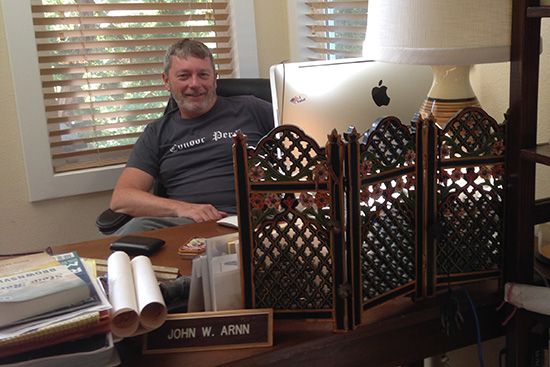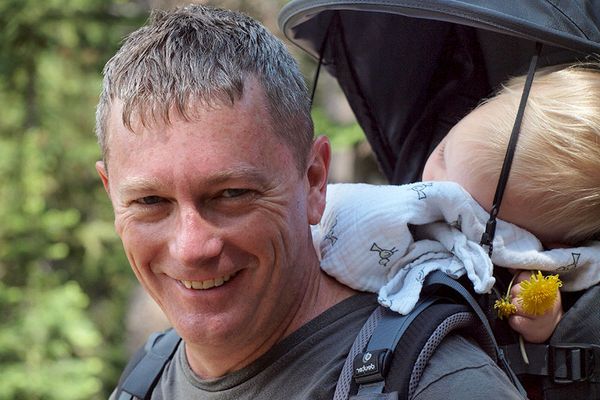
John Arnn
John Arnn is a fifth generation Texan and served with the U.S. Army in Europe until he was honorably discharged in 1985. He returned to Texas and earned a Bachelor of Arts degree in Anthropology from Texas Tech University in 1989, a Master of Arts degree in Anthropology from the University of Texas at San Antonio in 1998, and a Doctor of Philosophy in Anthropology from the University of Kentucky in 2007.
Dr. Arnn has a broad experience base in both public and private sectors working with a wide range of people in diverse cultural and environmental settings including North America (Texas, New York, Georgia, Pennsylvania, Kentucky, North Carolina, Maryland, and Virginia), Central America (Lower Peten, Belize), and South America (Southern Highlands of Ecuador, Central Highlands and North Coast of Peru, and the Cuyo Region of Argentina), as well as Europe. His research in the Americas temporally encompasses Pre-Clovis through 20th century and includes Inka, Moche, Chimu, and Maya cultures of Central and South America, as well as the peopling of the Americas through early historic groups in Texas.
- I died from a mineral and plant became,
- Died from the plant, took a sentient frame;
- Died from the beast, donned a human dress—
- When by my dying did I ever grow less…
-Rumi

Dr. Arnn conducted research for and wrote his doctoral dissertation and his first book (Land of the Tejas: Native American Identity and Interaction in Texas from A.D. 1300 to 1700) while a fulltime staff archaeologist at the Archaeological Studies Program, Texas Department of Transportation. He also served as a First Class Diver for the 2nd Battalion, Texas Maritime Regiment, Texas State Guard Search and Recovery Dive Team, and he is currently a research associate and senior archaeologist at the Meadows Center, Texas State University.
The publication of Dr. Arnn’s book Land of the Tejas: Native American Identity and Interaction in Texas from A.D. 1300 to 1700 by the University of Texas Press in 2012 represents his commitment to anthropology’s holistic approach by combining multiple lines of evidence (archaeological, historical, environmental, and ethnographic data) at multiple temporal and spatial scales to reconstruct human identity and interaction through time. Dr. Arnn maintains that this perspective can offer a comprehensive view of pluralistic cultural settings, culture change, and culture continuum. If people are more than the sum of their parts then reconstructions of the past demand a similarly holistic approach in order to recognize diversity while presenting people and culture as a continuum. When not pursuing research interests Dr. Arnn lives in South Austin, Texas and enjoys traveling with his wife and daughter.
